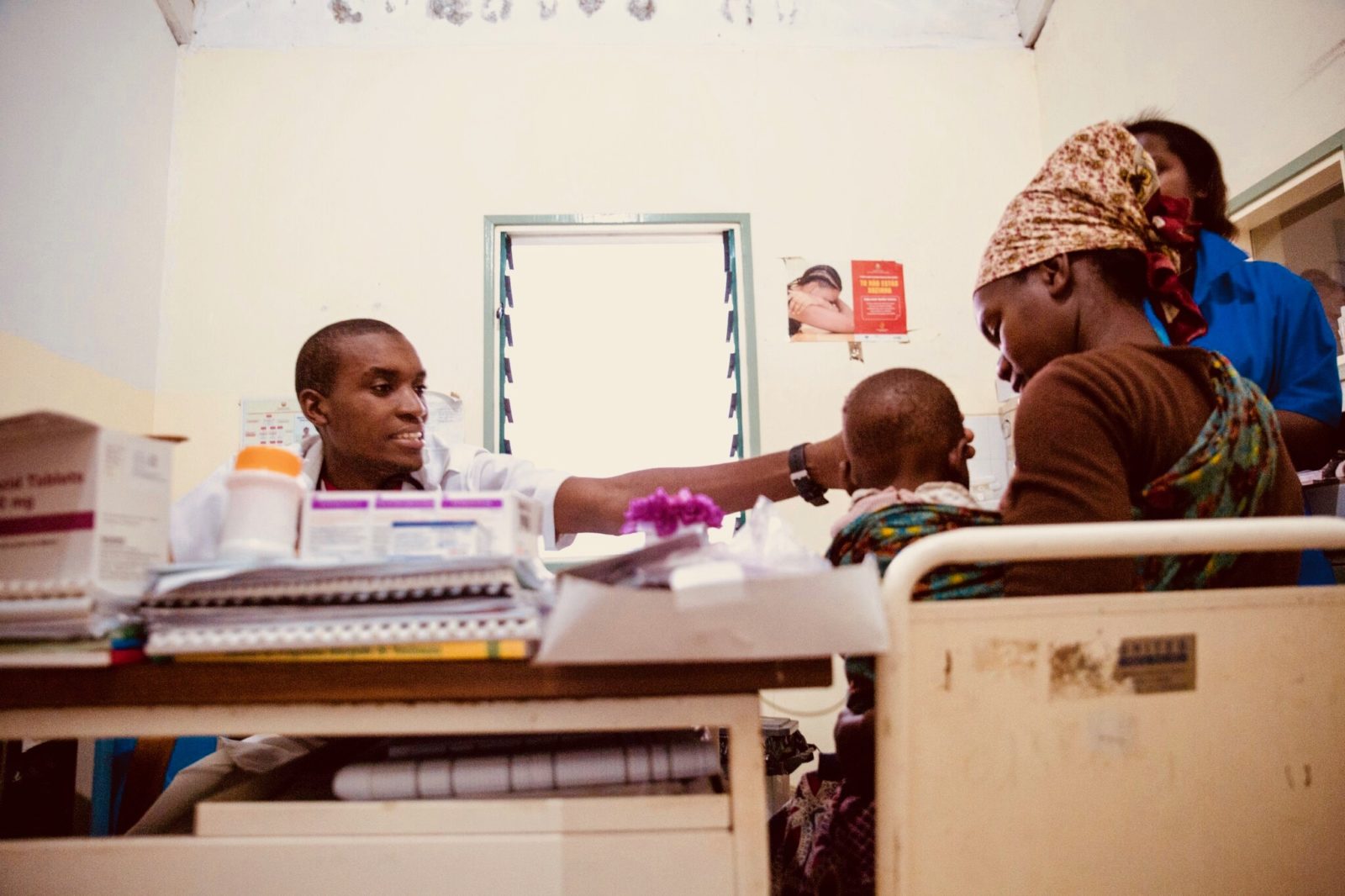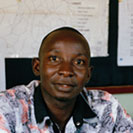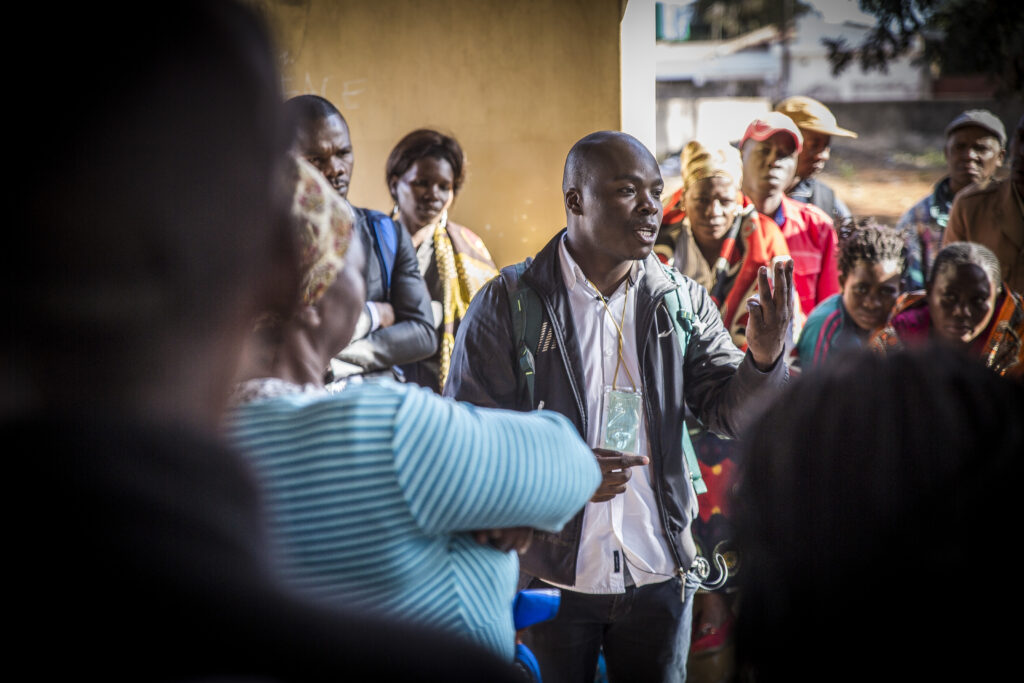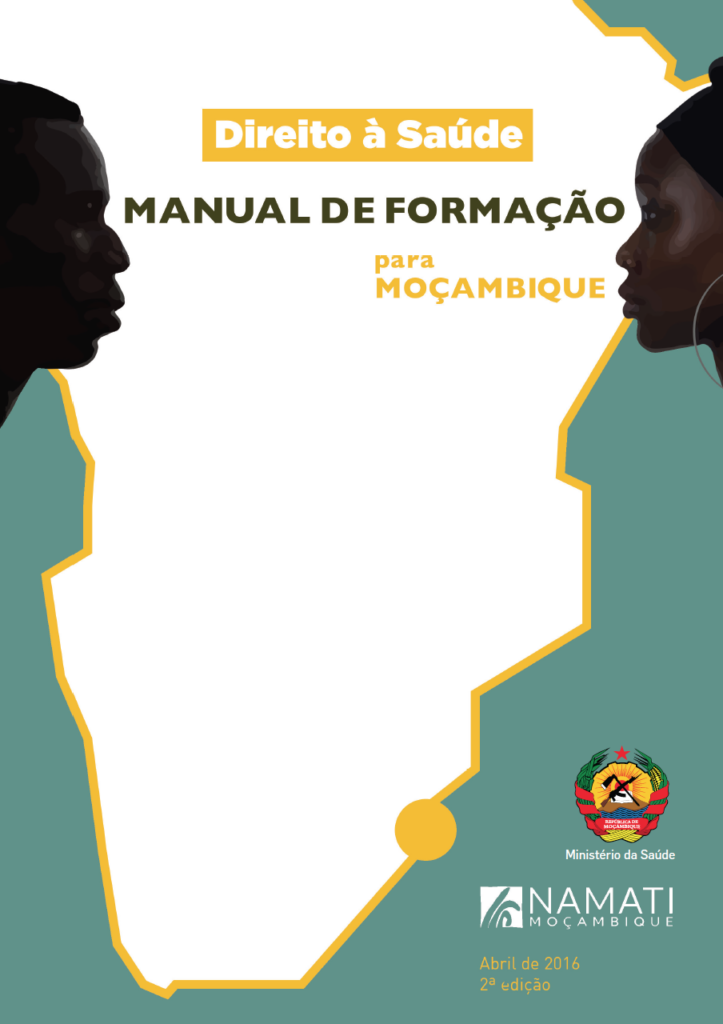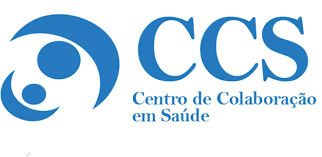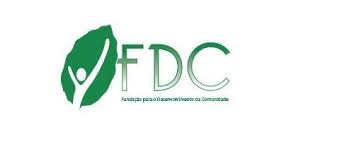Health Justice
Policy commitments to health care have expanded in many countries, but practice does not match policy. Health care is often a failure at the point of delivery. Community paralegals in Mozambique are working to address this gap between policy and reality by supporting communities to know and exercise their basic rights to health.
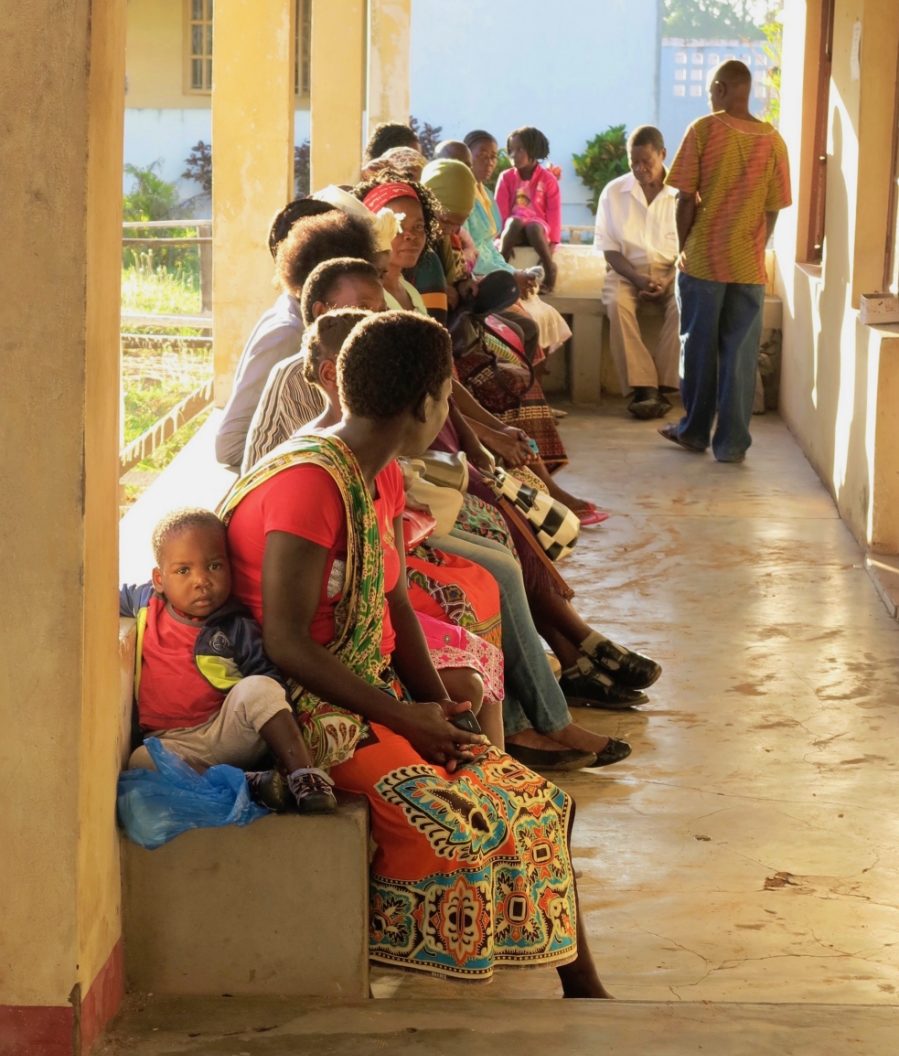
The Challenge
Mozambique, like many other countries today, has progressive healthcare policies. But there are massive breakdowns in delivery: in many facilities, patients are treated disrespectfully, essential drugs are missing, or there is no privacy during medical visits.
Poor enforcement, fear, and power inequalities prevent those whose rights have been violated from seeking and receiving redress. These failures are a core reason that Mozambique has some of the worst health outcomes in the world.
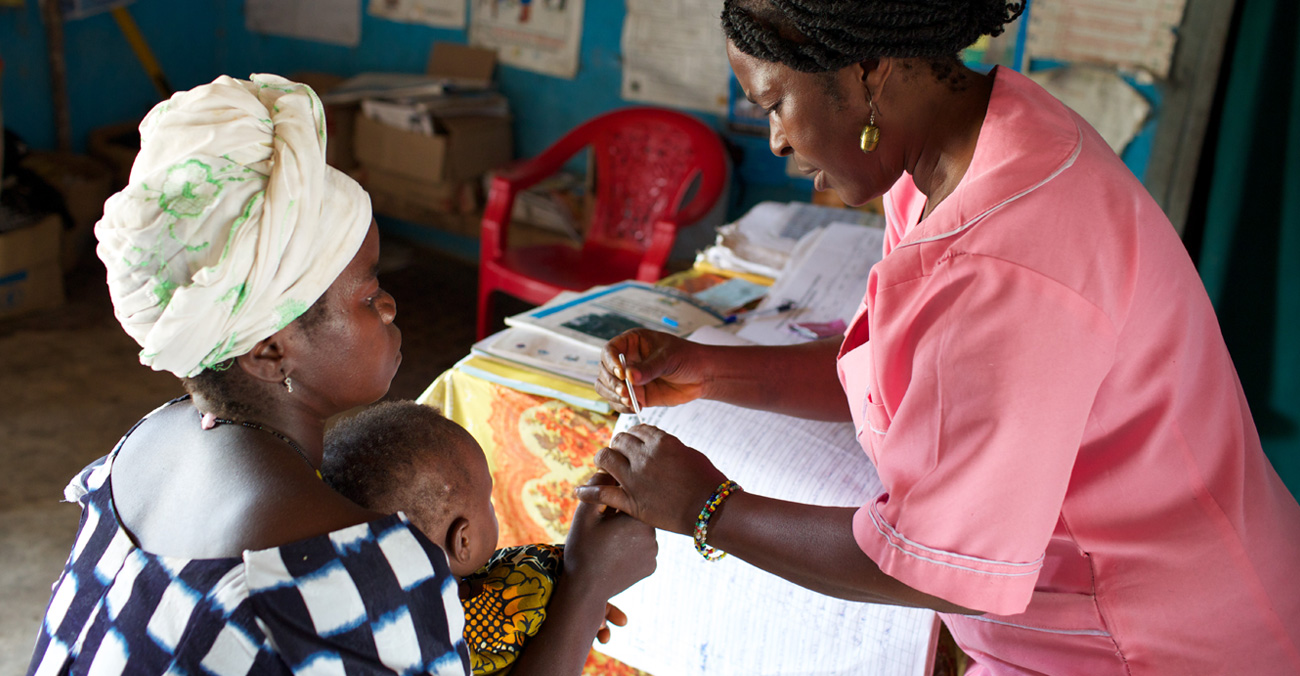
Namati’s Approach
Namati is building a movement of community paralegals that put the power of health policy in people’s hands. Known in Mozambique as “defensores de saúde” (health advocates), they help bridge the gap between policy and practice by strengthening the accountability of health services to poor and vulnerable communities. Health advocates engage in three kinds of grassroots work:
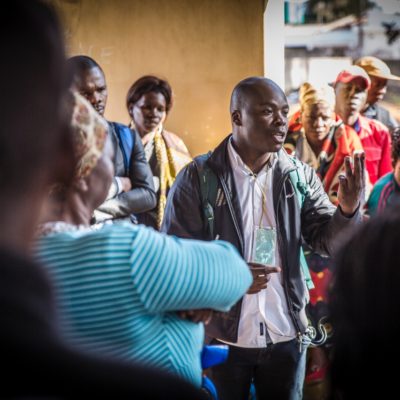
Increasing awareness of basic rights and health policy
Health advocates strive to make health-related laws, policies, and protocols accessible to everyone. They address groups of patients in health center waiting areas, breaking down policy into simple terms. They visit schools, farmers’ associations, women’s cooperatives, and HIV support groups. They go door-to-door, speaking with people in their homes. Increasingly, they also engage the public through radio, newspapers, and television.
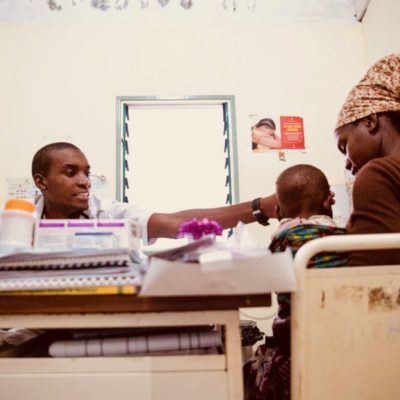
Facilitating dialogue between communities and health facilities to proactively identify and address violations
Health advocates work with communities to take a more proactive role in the governance of their health services. To do so, we engage an existing structure: the village health committee……
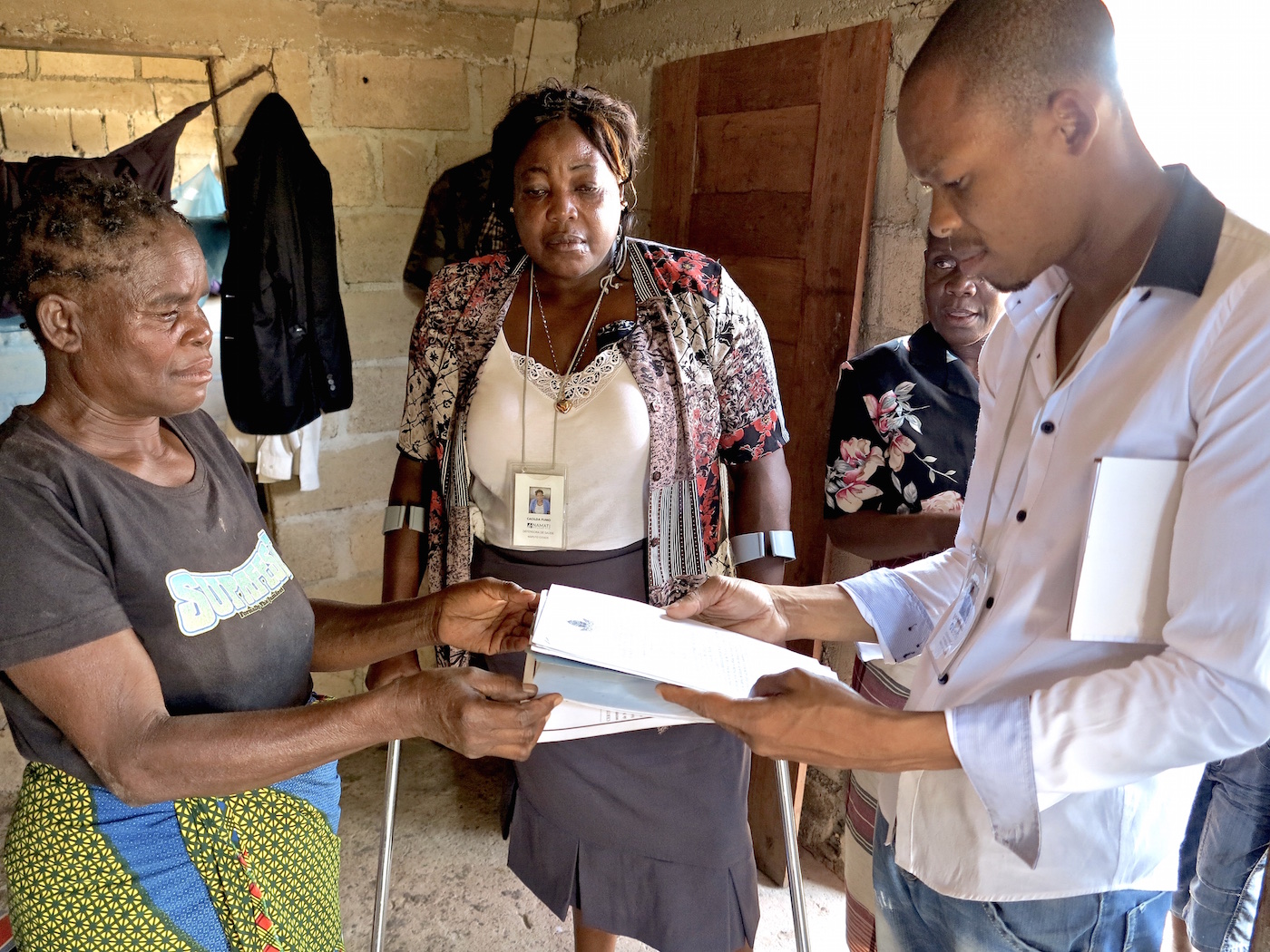
Pursuing solutions to specific grievances or “cases”
Fear of retribution and imbalances of power tend to silence the most vulnerable citizens when their rights are violated. Health advocates help people navigate the system, walking alongside patients to overcome the social and structural barriers that undermine access to care.
Together, they document the problem clearly, analyze it in relation to health policy, and formulate a potential solution. Whenever possible, advocates and patients aim for amicable resolution with local facility staff.
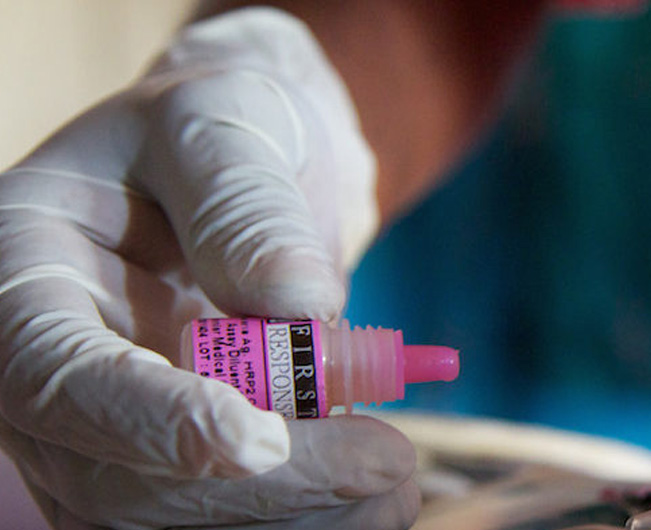
43% Reduction in Violations
Over the past two years, we’ve seen an average reduction of 43% in key policy violations at facilities with health advocates, including… –> View the report
Advocating for Systemic Change
Namati tracks data rigorously on every case the advocates take on. In the aggregate, this data provides invaluable insight into how health policy is working in practice. We then draw on this information to advocate for systemic changes that can impact the entire population, not just those living in catchment areas where health advocates are active. The following are a few examples:
Heath Justice News & Stories
View All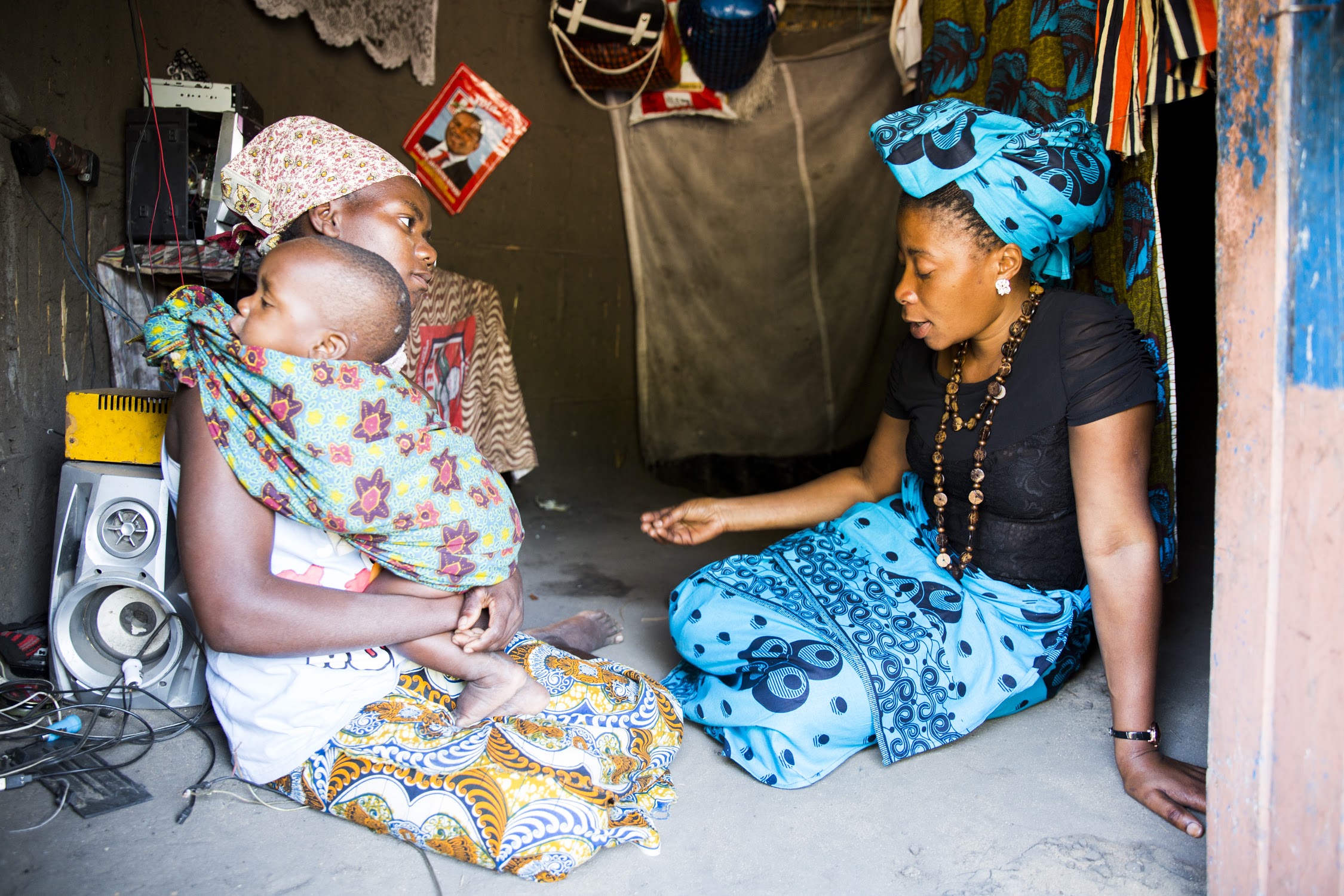)
News & Blogs
Five Ways Legal Empowerment Efforts Can Improve Maternal Health
)
Post
In Portuguese: Defending the Right to Health in Mozambique
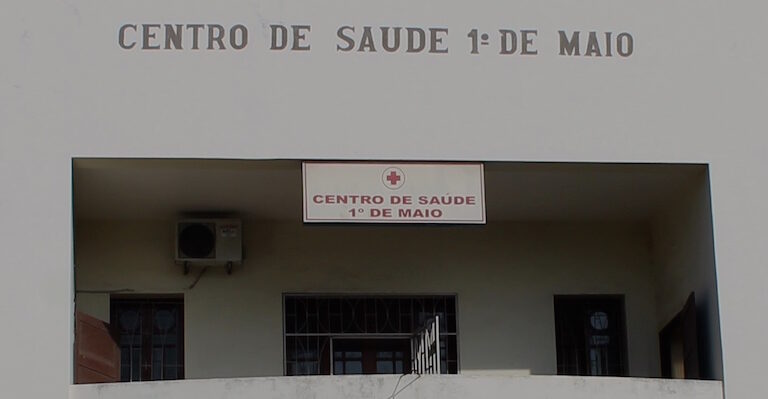)
Post
Talking Health Rights
Health Justice Resources
Namati is a learning organization, we are committed to sharing what we learn to grow the field of legal empowerment.
Transforming Policy into Justice: The Role of Health Advocates in Mozambique
Despite expanding policy commitments in many poor countries, health care is often a failure at the point of delivery. Lack of information, poor enforcement, and power dynamics prevent those whose rights have been violated from pursuing redress. In Mozambique, grassroots health advocates work to address this gap between policy and ...
Policy brief on the right to information in the health sector
This policy brief presents a series of recommendations that were developed in an effort to assist the Mozambique Ministry of Health and clinical partners in improving access to information for patients/family members regarding their health and their rights as health system users. It includes data and stories drawn from ...
O Direito à Saúde Manual De Formação Para Moçambique - The Right to Health Training Manual for Mozambique
Este manual é uma ferramenta prática para capacitar as comunidades sobre o significado do direito à saúde e como identificar e liderar em caso de violação destes direitos. O manual foi preparado para ser usado por membros das comunidades, organizações da sociedade civil (GAACs, OCBs, etc.), comités ...

